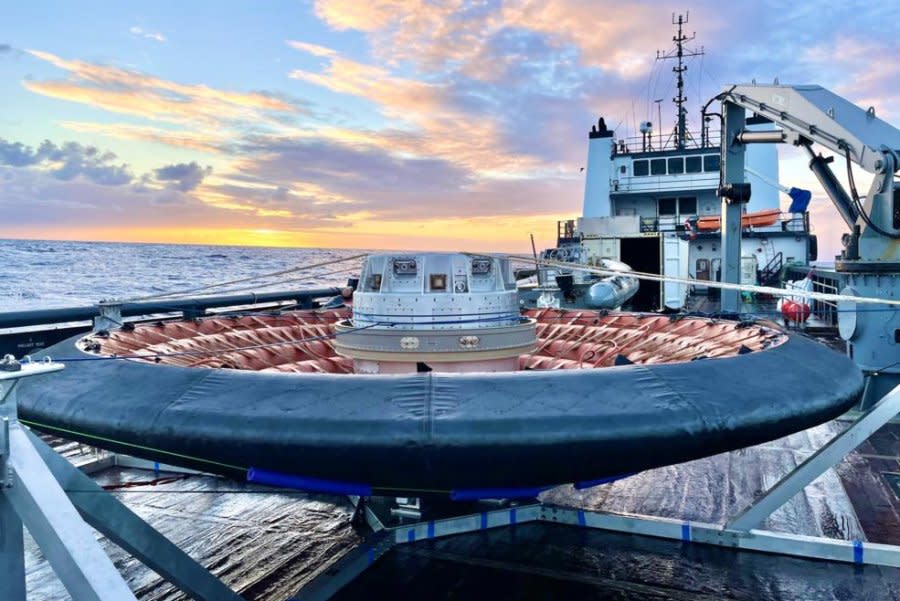NASA partners with 11 companies for space technology to assist Artemis moon mission

July 25 (UPI) -- NASA has selected 11 companies to partner on space technology projects that will support the upcoming Artemis mission, which intends to return humans to the moon.
"The technologies range from lunar surface power systems to tools for in-space 3D printing, which will expand industry capabilities for a sustained human presence on the moon through Artemis, as well as other NASA, government, and commercial missions," NASA said in a statement Monday.
"Partnering with the commercial space industry lets us at NASA harness to strength of American innovation and ingenuity," said NASA Administrator Bill Nelson.
NASA will contribute $150 million to the project, with each company responsible for between 10% and 25% of project funding based on the size of the company.
"Our partnership with industry could be a cornerstone of humanity's return to the Moon under Artimes," said Dr. Prasun Desai of NASA's Space Technology Mission Directorate.
Pittsburg-based Astrobiotic Technoloy was awarded $34.6 million for demonstration of tethered, scalable lunar power technology. The technology could be used to help distribute power on the moon's surface.
Denver-based Big Metal Additive was awarded $5.4 million to help create and improve space habitat structures.
Washington-based Blue Origin was awarded $34.7 million for in-situ resource utilization based power on the moon. The technology could use existing substances on the moon to help create solar panels and other power sources.
California-based Freedom Photonics was awarded $1.6 million for a highly efficient watt-class direct diode lidar for remote sensing equipment. The technology could be used to help detect methane in the Earth's atmosphere.
Florida-based Redwire was awarded $12.9 million for infrastructure manufacturing with lunar regolith. The technology could be used to convert lunar regolith to build components for structures.
Pennsylvania-based Protoinnovations was awarded $6.2 million for software architecture for sustainable, safe, efficient and effective lunar surface mobility operations.
Colorado-based Lockheed Martin was awarded $9.1 for joining demonstrations in space.
Virgina-based Psionic was awarded $3.2 million for no-light lunar landing technology that reduces risk, size, weight, power and cost.
Colorado-based United Launch Alliance was awarded $25 million for Vulcan engine reuse scale hypersonic inflatable aerodynamic decelerator technology demonstration. The technology could be used to return spacecraft components to Earth from space for reuse.
California-based Verda Space Industries was awarded $1.9 for conformal phenolic impregnated carbon ablator tech transfer and commercial production.
Washington-based Zeno Power Systems was awarded $15 million for a universal americium 241 radioisotope power supply for Artemis.
Based on project milestones over the next four years, further funding will be made available by NASA's Space Technology Directorate.

